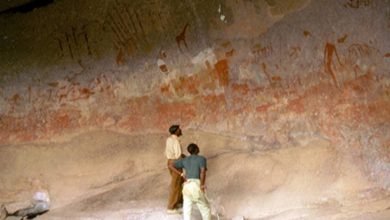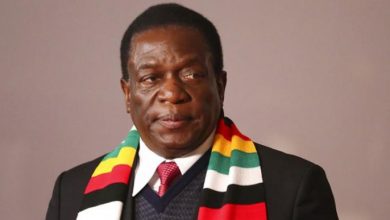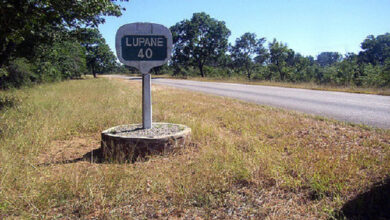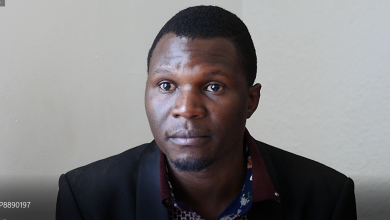Zanu PF’s crackdown on opposition escalates
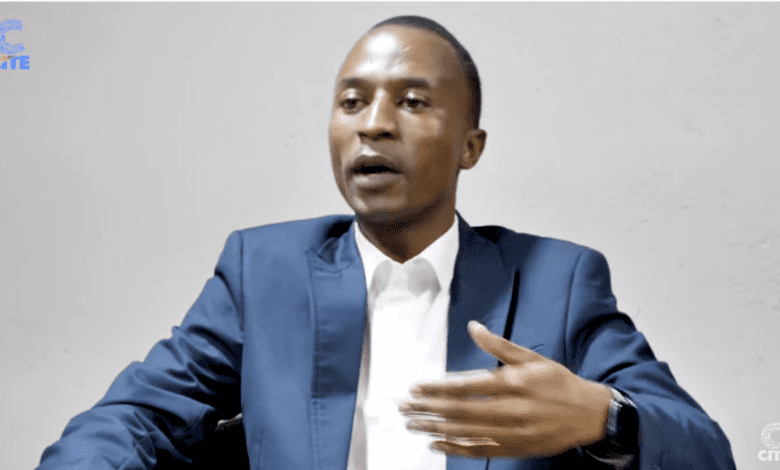
The recent arrests of two Citizens Coalition for Change (CCC) legislators and its deputy mayor within a week have raised fears that the ruling Zanu PF party is intensifying its persecution of the opposition in a bid to achieve a two-thirds majority and, at worst, establish a one-party state in the country.
On Tuesday, CCC Sunningdale MP Maureen Kademaunga and Harare Ward 10 councillor Clayd Mashozhera were arrested on charges of attempted murder and malicious damage to property. Kademaunga was released after the State conceded that there was no solid evidence linking her to the crime.
The following day, CCC Pelandaba Tshabalala MP, Gift Ostallos Siziba, was arrested in Bulawayo and charged with inciting football violence.
Siziba was also released and summoned to court.
On Thursday, newly elected Harare City Deputy Mayor Councillor Kudzai Kadzombe was arrested and taken to Malborough Police Station.
Kadzombe was charged for allegedly assaulting a Zanu PF member in Malborough during the elections and will appear at Harare Rotten Row Magistrate Court on Friday.
Analysts believe that Zanu PF is emulating the Chinese model of government, in which the Chinese Communist Party is the sole party.
“Democracy itself is under pressure,” said Dr. Gorden Moyo, a public researcher. “This is linked to the rise of China and Russia, where issues of democracy and elections are not real issues.”
Dr Moyo said that such global powers considered elections to be incidental, and that several countries, particularly in Africa, including Zimbabwe, imagined themselves emulating the same system.
“With the Chinese Communist Party in China, there are no (national) elections,” he said. “There are elections at the local government level, but in terms of legislation and other issues, it is only a one-man band.”
Dr. Moyo said that such elections are classed as elective authoritarianism or competitive authoritarianism, in which regimes hold normal or habitual elections but implement procedures that favour the dominant status quo.
“When the date of the election comes, the elections are there, but those elections are fake elections,” he said. “It’s a choiceless democracy, where everything there is electoral smithing. Everything is changed and choreographed to make sure the ruling elite comes first and crosses the line first.”
Critical studies scholar, Dr Khanyile Mlotshwa, said that the desire to have a one-party state was not surprising for undemocratic leaders.
“Who wouldn’t wish for a one-party state if they had power?” he said. “Zimbabwe tried for a one-party state in the 1980s during Gukurahundi when they tried to destroy ZAPU.
Dr Mlotshwa added, “They wanted a one-party state and it’s clear they tried. After the 1987 unity accord, you could say that time was a time of a one-party state when the two liberation movements merged and were now leading the country, although Edgar Tekere was there with his Zimbabwe Unity Movement (ZUM) contesting.”


